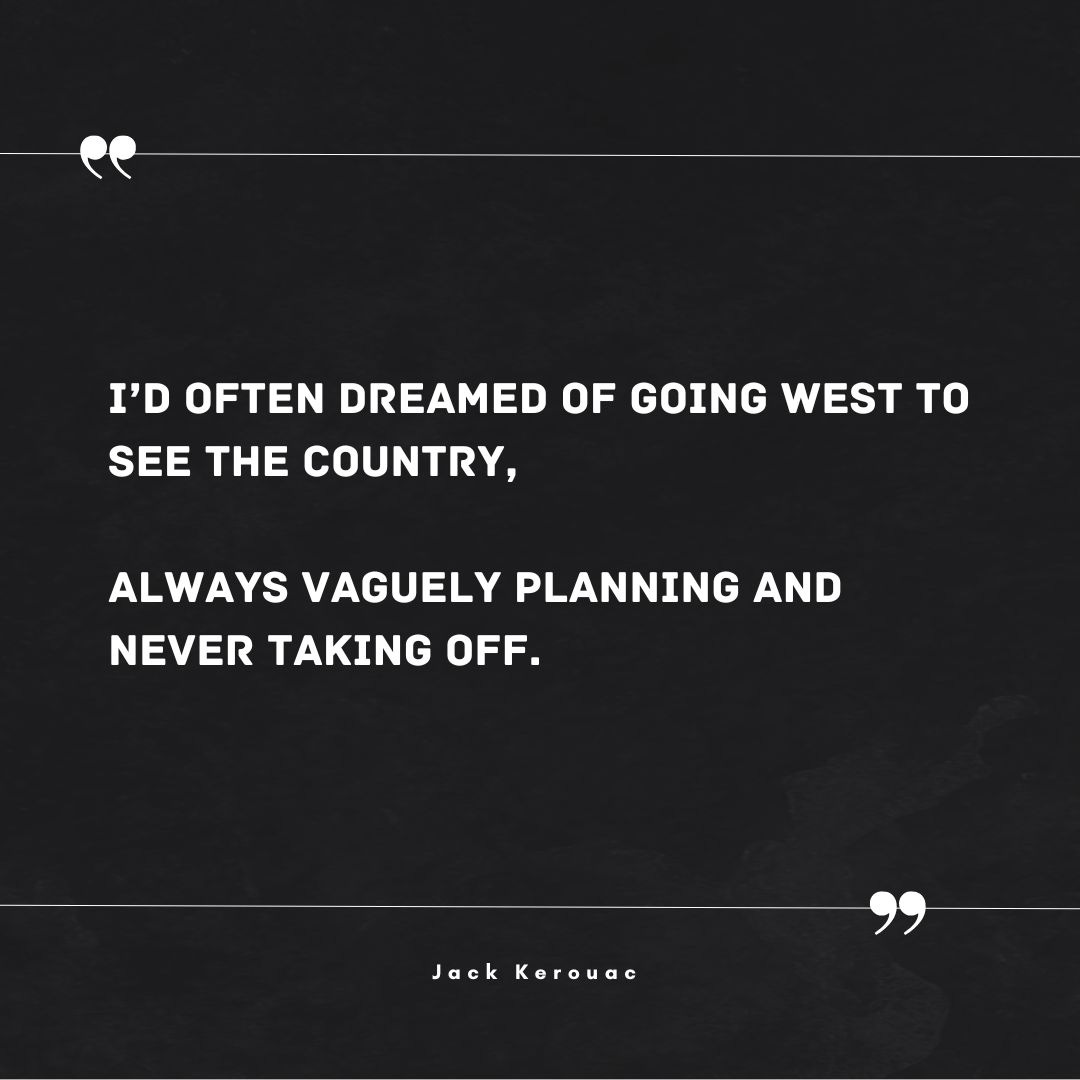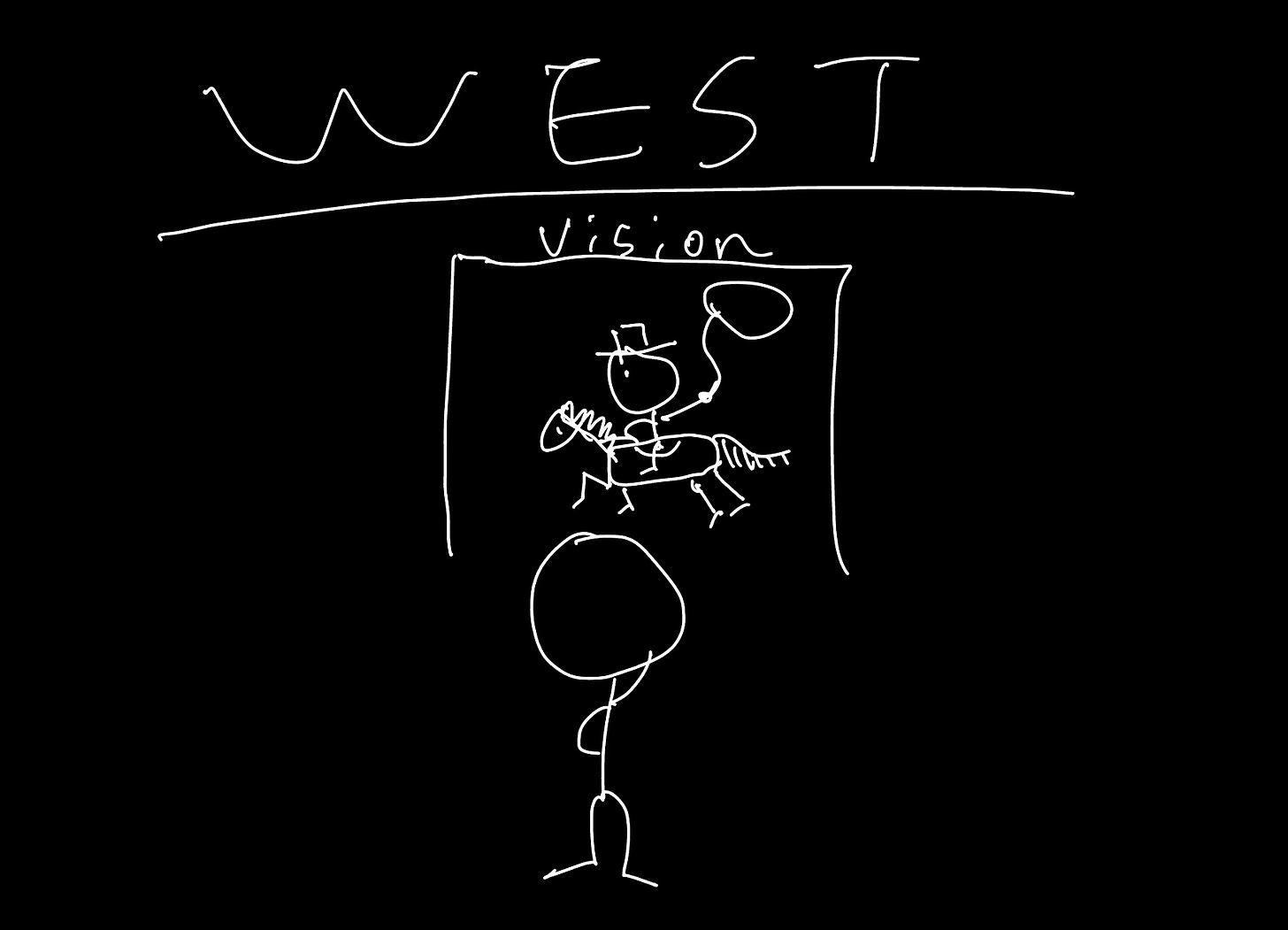📚 Buy the Book → On the Road
Most of us carry a notion of “the West.” Not necessarily as a location, but as an idea.
It can take the form of:
A place that we think of going
A life that we think of living
A version of ourselves that we think of becoming
Daily routines demand little reflection. Leaving the house for a bagel requires no more thought than feeling hungry. It is familiar. It does not ask anything of us.
Traveling for a few weeks to Montana (one of my favorite places) requires more planning, but not much more resolve. It is temporary by design. There is no real sense of risk, because we know we are coming back. The structure of our life remains intact.
Relocation is different. Moving to a new city or state to study, work, or build something new introduces a kind of psychological cost. It requires us to leave behind systems we’ve built, comforts we’ve grown used to, and perhaps identities we’ve come to rely on.
Going West
"Going West," in this sense, is less about geography and more about mindset.
Changing the identity requires rearranging your beliefs and perhaps letting some old parts of you die for the new.
Sometimes that means moving across the world. Other times, it’s just waking up and choosing to live differently.
Sometimes, both.
There’s a recurring idea that changing location can reset everything. A new place suggests a new version of life: cleaner, simpler, maybe even better.
Sometimes that takes the form of a quiet life on land somewhere like Montana. Other times, it’s the opposite: a fast-paced role in a city, built around ambition and urgency.
Each version carries its own logic. Each one feels appealing in different ways, depending on what the current moment lacks.
So why don’t we go?
Keep reading with a 7-day free trial
Subscribe to No Syllabus to keep reading this post and get 7 days of free access to the full post archives.


